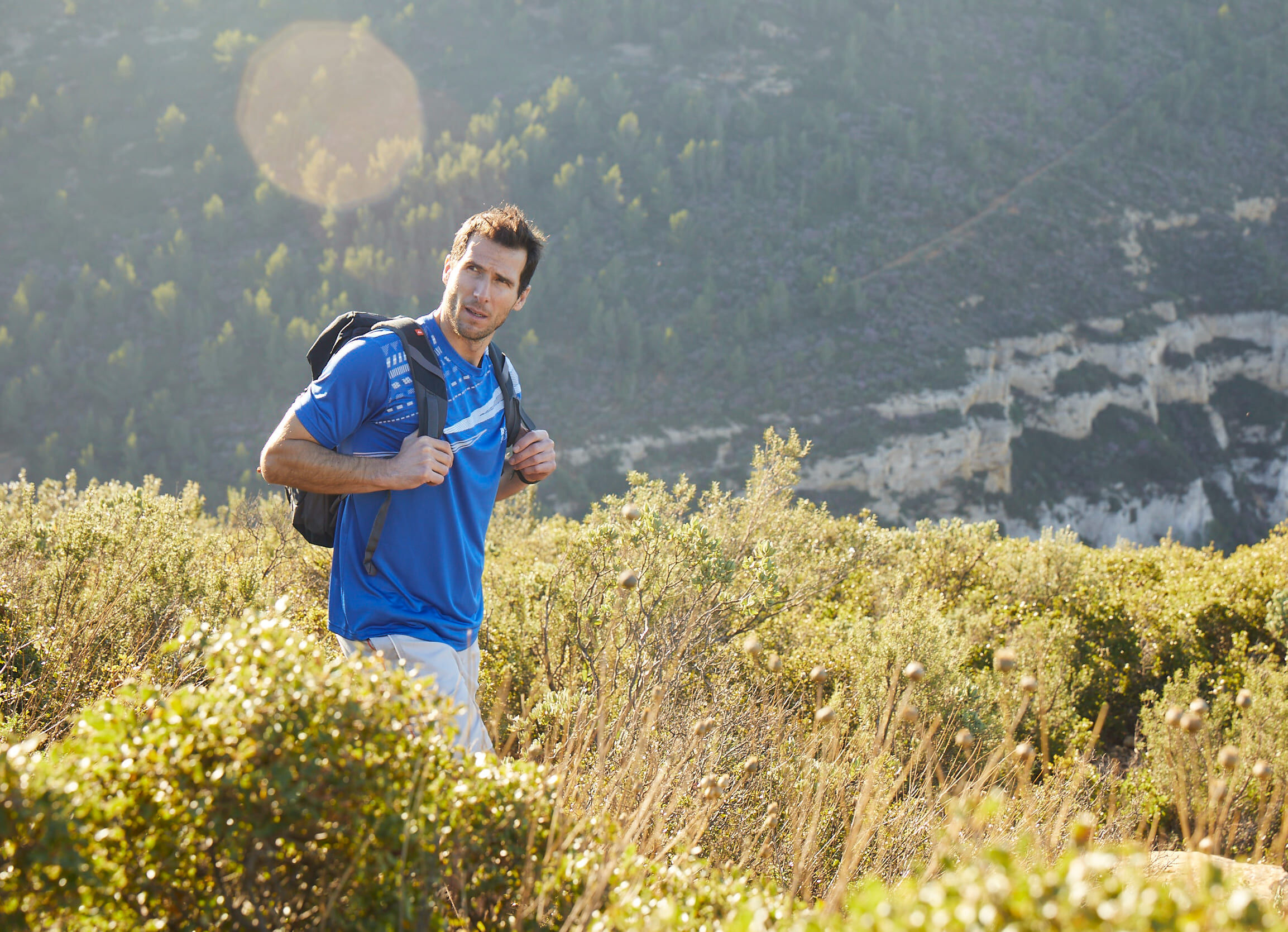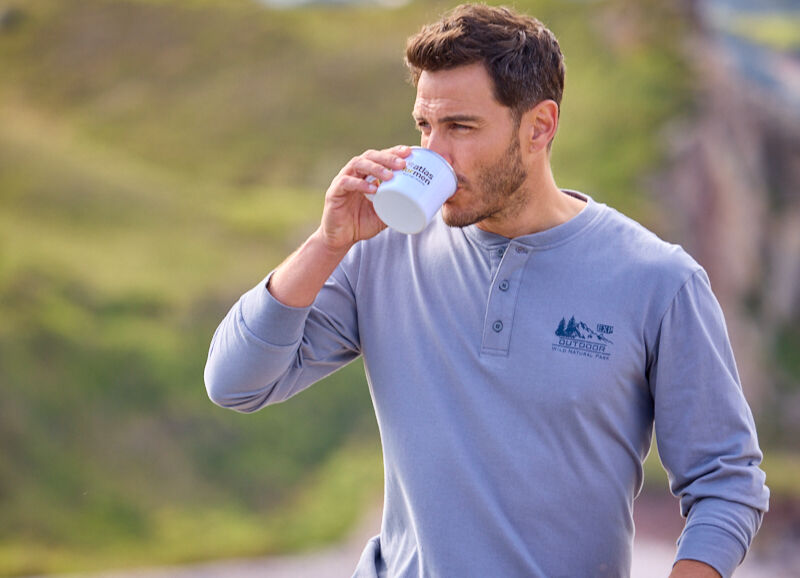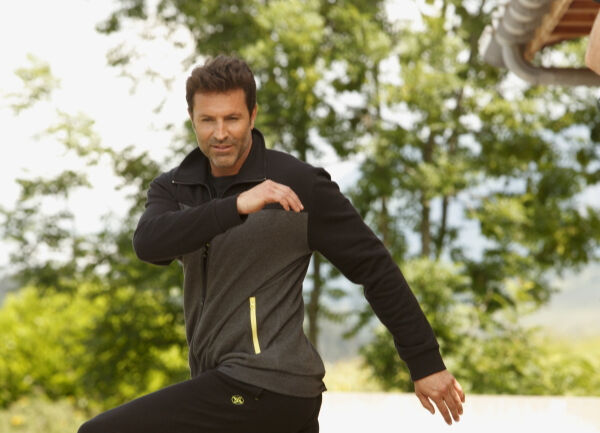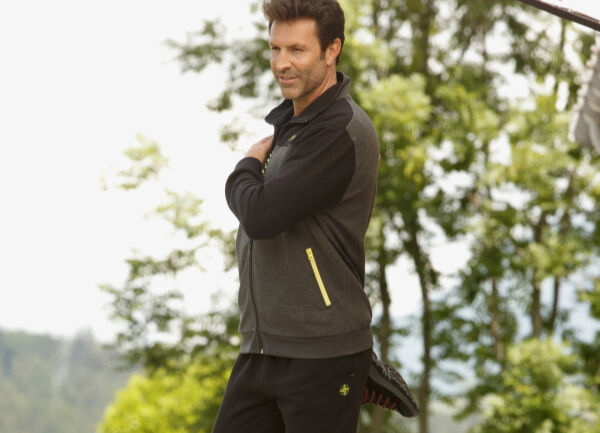
Top Tips for Recovering After a Long Hike
You’ve just finished a long hike – your walking boots are muddy, your muscles are aching and you’re feeling a little exhausted! But before jumping straight into the shower or relaxing on the sofa, it’s important to take a few extra measures to help your body recover properly and reduce the risk of injury. A little bit of post-hike care can really make a whole world of difference, helping you to avoid that dreaded second-day ache. So, if you’re looking for effective ways to help your body bounce back faster, read on to discover our top recovery tips! You’ll be ready to hit the trails again in no time.


1. Wondering how to recover fast after a long walk? Prevent issues by coming to a slow stop
After hours of hiking, stopping abruptly isn’t the best idea. Instead, when you reach the end of your route, take off your rucksack and go for a slow, gentle stroll on flat ground for around 5 to 10 minutes. This will help your muscles relax gradually and keeps your blood flowing, flushing out any toxins. Instead of just slamming on the breaks, cooling down properly is key. And believe us – your body will feel much better for it!2. Make sure to do some stretching exercises after your hike
In addition to a general cool down, a few gentle stretches after your hike can help prevent stiffness, cramp and even injury. Stretching is the best way to escape that dreaded lower back pain and can even promote increased flexibility. However, make sure you don’t go overboard! Ease into your stretching, breathing deeply. Remember, it should feel good, not painful. We recommend focusing on your quads and hamstrings, as well as your calves, back and shoulders.

3. Wondering how to relieve sore muscles after hiking? Give yourself a quick massage!
Pro athletes get massages after training, so why shouldn’t the same apply to you! Giving your legs a gentle massage (using long, slow movements and no digging in) will boost blood circulation and relax your muscles, as well as help to prevent any aches or tendon trouble. Plus, let’s be honest – massages feel great too! For extra relief, a massage gun or a tennis ball can work wonders.4. Stay hydrated!
Drinking water isn’t just important on the hike itself but is crucial afterwards too. Keep sipping small amounts regularly over the hours that follow your walk to stay hydrated. Try to steer clear of tea, coffee and alcohol, as they can reduce hydration and in turn slow down recovery.
